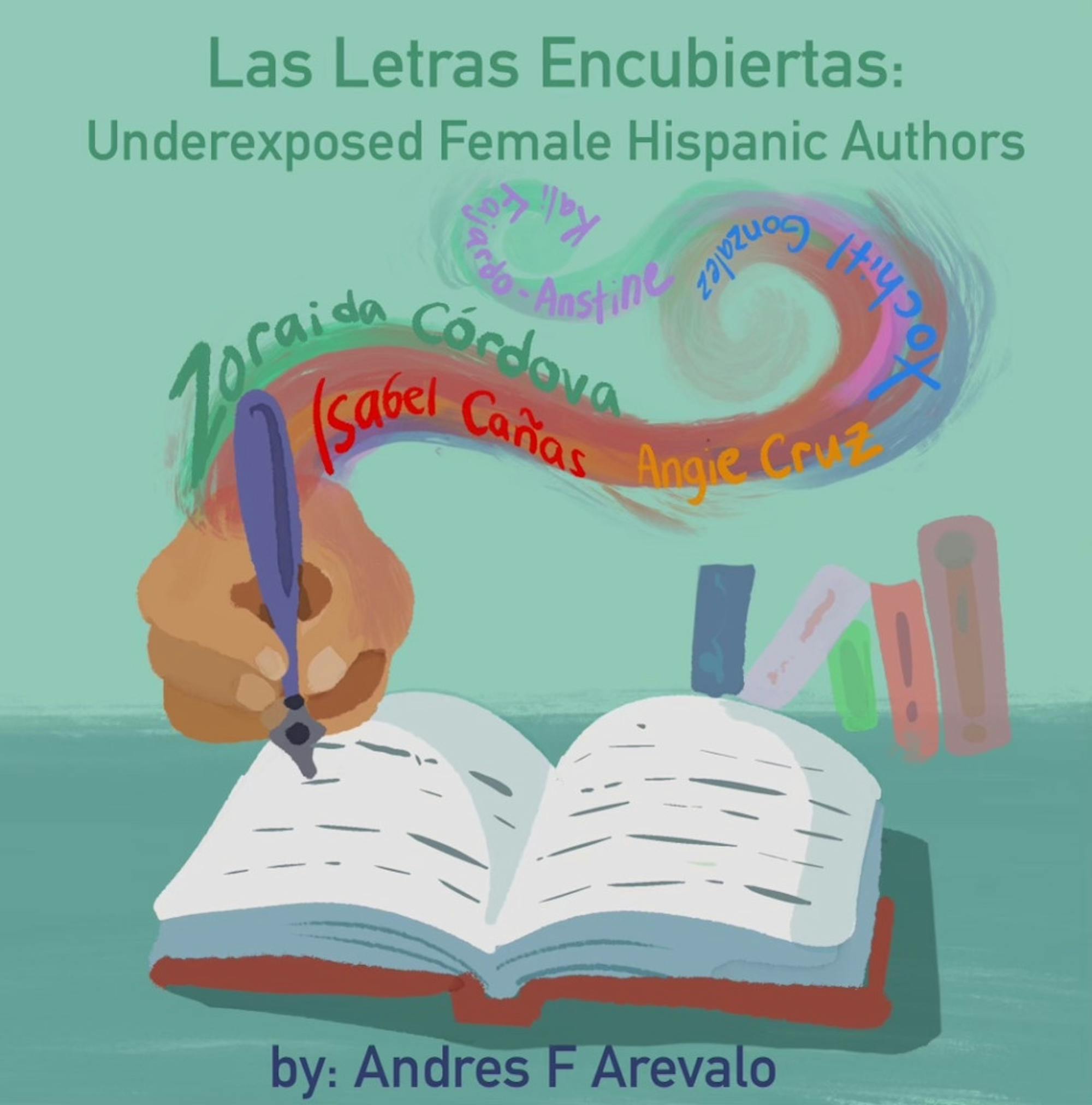In hundreds of years of Latin American literature, the male-dominated canon has kept the character of women as an accessory and a servant, following sexist and conservative values instilled by the Catholic church.Even in this last decade, with Latin American conservatism having been discarded, and especially with the “Latin Lover” stereotype, women are judged and not allowed to have a perception and manifestation of their own sexuality.
In “Caperucita se come al lobo,” author Pilar Quintana completely destroys the standard and — with a collection of first-person narrated short stories — smashes into the canon a woman being comfortable with her sexuality and having none of the old-fashioned punishment that has hindered other female characters in Hispanic literature.Born in Cali, Colombia, Quintana is considered one of the most prolific Latine writers of the 21st century. Through novels and short stories, she has provided the prototype for a new wave of Latin-feminist literature.
In this collection of short stories, Quintana presents her absolute mastery of first-person narration with a unique stream of consciousness similar only to some of the greatest contemporaries around the world. She allows the reader to immerse themselves into the women of the tales by creating strong characters marked by their culture and the world around them. She achieves this by refusing to shy away from the slang and modisms specific to Colombia and its people.
When discussing sexuality, Quintanaremoves almost every filter and attacks the reader with raw scenes of sexual encounters. Her female characters have intense sexual desires that are treated just as those of men have been treated in recent Hispanic literature.
Quintana is vulgar and crude, bringing realism into scenarios in which it had not been lacking before, making the reader uncomfortable and prompting reflections on one’s own perspective on sexuality.
In the main story of the compilation, “Caperucita se come al lobo,” Quintana takes on one of the most prominent fables in Colombia, “Little Red Riding Hood,” and gives it a complete different spin as a love story between a man with the nickname “Wolf” and a woman. After much speculation and following around, “Riding Hood” takes matters into her own hands and “eats Wolf.” In Spanish, the word for eat — “comer” — is a euphemism for sex.
Although it could be considered as controversial, converting a children’s story into a tale about sex is a necessary reaction to the long sex-deprived female characters of Latin American literature. This is the reason why Quintana is able to make such a dramatic break from the standard.
Even with her worldwide prestige, in Colombia,Quintanastill receives backlash from both conservative and Catholic communities. The same conservatism that ensured sexism stayed present in literature makes one question whether the culture of the people is intertwined with the characteristics of the literature it produces. Why is it that sexism has persisted for much longer in Latin American literature than in other literature around the globe?






